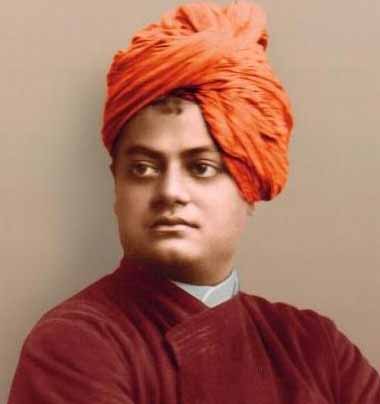A great Zen master who was sitting on the sea beach when a king happened to pass by. He had always wanted to see the master, but there was no time – the affairs of the kingdom and the worries and the wars… this was a golden opportunity. He stopped his chariot, got down and went to the master and asked him, “I don’t have much time, but I want to know what the essential teaching is. I don’t want to die ignorant.”
The master remained silent.
The king said, “I can understand, you are very old and perhaps you have gone deaf.”
The master smiled.
The king shouted in his ears, “I want to know the essence of your teaching!”
The master wrote with his finger on the sand, “Dhyan.” He did not speak.
The king said, “But that does not make much sense to me. I have heard that word many times. Elaborate a little more.”
The master said to him, “I have already fallen for your sake. Otherwise the right answer was the first, when I had remained silent. But perhaps you don’t know the communion that exists in silence. Out of compassion, I wrote `dhyan’; now you want elaboration. I will try.” He wrote again in bigger letters, dhyan.
The king was getting a little angry. He said, “What kind of elaboration is this? It is the same word!”
The master said, “You will have to forgive me, because I cannot fall more. Just for your sake, I will not let the centuries laugh about me. Nobody has said anything about dhyan, and nobody can say anything about dhyan.”
Then what have the masters been doing down the ages? They create devices, situations in which they hope that perhaps in a thousand people one may get an insight. Those devices are not meditations. Those devices are only to bring you to a point in your own inner space where suddenly you realize and you say “Aha!” And the moment you understand the state of meditation, all methods of meditation become futile. Those methods are just arbitrary, created out of compassion for people to whom there is no other way to communicate a higher reality than the mind.




You must be logged in to post a comment.